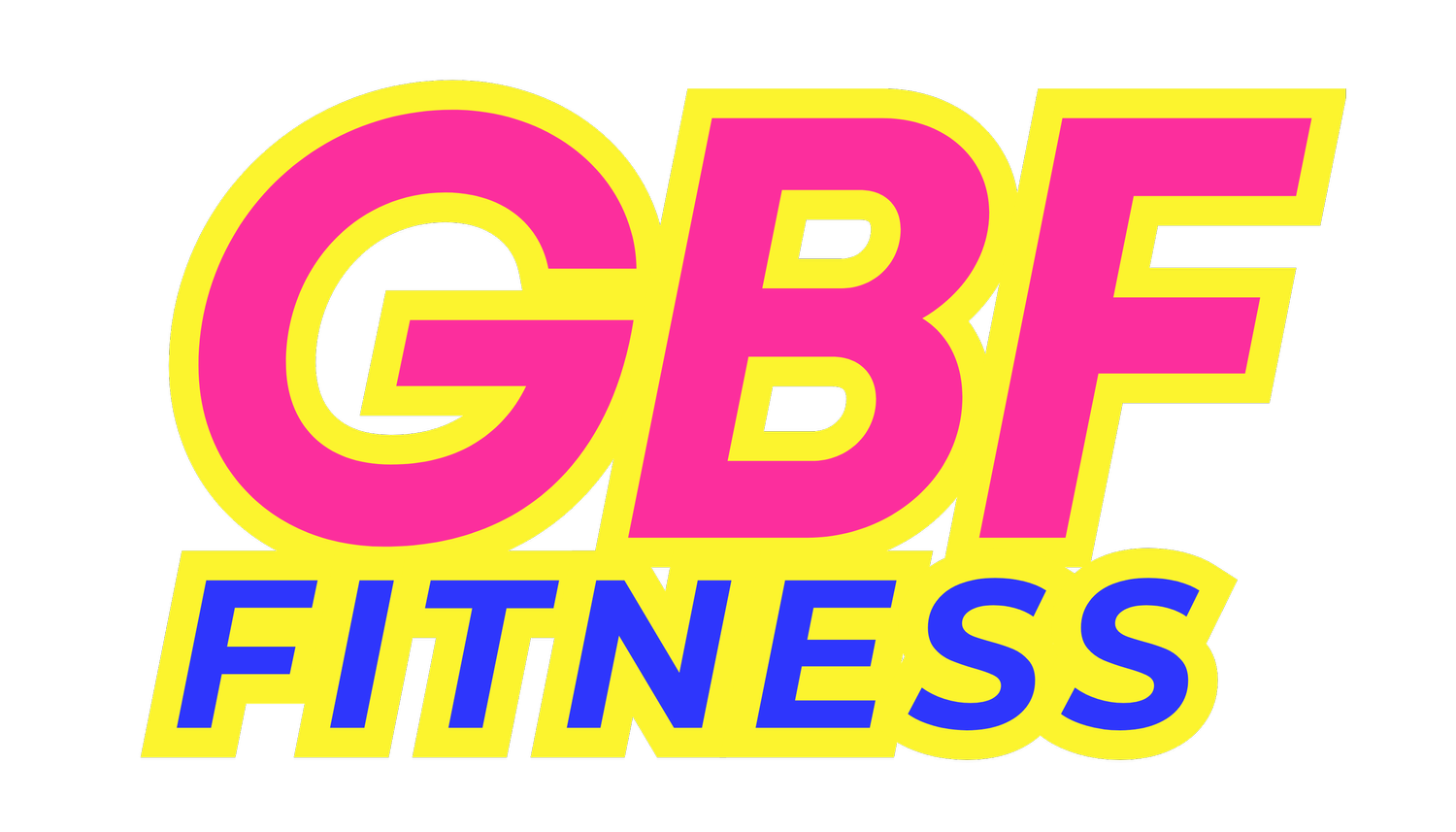Pre-Workouts 101: What You Need to Know Before Your Next Workout (Copy)
If you’ve ever felt sluggish before hitting the gym or wondered how to maximize your energy and focus during workouts, you’ve probably heard about pre-workout supplements. But what exactly do they do, and are they right for you? Here’s everything you need to know before deciding whether to add one to your fitness routine.
What is a Pre-Workout?
Pre-workouts are supplements designed to enhance your energy, focus, endurance, and performance during exercise. They typically come in powdered form to be mixed with water, but you can also find them in ready-to-drink cans or pill form.
Most pre-workout formulas include a mix of the following:
Caffeine – A central nervous system stimulant that boosts alertness, reaction time, and endurance.
Beta-Alanine – Helps reduce muscle fatigue and delay exhaustion.
Creatine – Supports muscle strength and power output (found in some pre-workouts).
Nitric Oxide Boosters (like L-Citrulline & Arginine) – Improve blood flow for better muscle pumps and endurance.
BCAAs & Electrolytes – Help with hydration and muscle recovery.
However, each brand has its own formula, so the effects can vary widely depending on the ingredients and dosages used.
How Do Pre-Workouts Affect Your Body?
When taken 20-30 minutes before exercise, pre-workouts can: Increase energy levels and reduce perceived effort Improve mental focus and motivation Enhance muscular endurance and strength Improve blood flow and muscle pumps Delay fatigue so you can push harder for longer
That being said, your experience may differ depending on your body’s tolerance to caffeine and other stimulants.
Why a Pre-Workout May NOT Be Right for You
While pre-workouts can be beneficial, they’re not for everyone. Consider skipping them if: You have caffeine sensitivity – Some formulas have the equivalent of 2-3 cups of coffee in one serving, which can lead to jitters, anxiety, or insomnia. You work out late at night – High caffeine intake in the evening can disrupt sleep quality. You prefer a natural energy boost – A solid meal with carbs, protein, and hydration can often do the trick without supplementation. You have high blood pressure or heart conditions – Stimulants can cause spikes in heart rate and blood pressure. You dislike beta-alanine tingles – Some people feel a harmless but uncomfortable tingling sensation from this ingredient.
Tips for Trying a Pre-Workout for the First Time
If you’re curious about pre-workouts but hesitant to commit to a full tub, here’s how to test them safely: Try a sample or a single-serving can – Products like C4 Energy are widely available in stores and let you experience the effects without a big investment. Start with half a serving – See how your body reacts before taking the full dose. Take it on a non-training day first – This lets you gauge your tolerance without worrying about how it’ll affect your performance. Read the label carefully – Check for ingredients and dosages to avoid excessive caffeine or unwanted additives. Drink plenty of water – Many pre-workouts contain diuretics that can lead to dehydration.
What If One Doesn’t Work for You?
Not all pre-workouts are created equal. If one doesn’t give you the boost you expected, it doesn’t mean none will work for you. Some formulas prioritize different effects:
High-stim pre-workouts focus on energy and alertness.
Pump-focused pre-workouts enhance blood flow and muscle pumps without heavy stimulants.
Endurance-based pre-workouts emphasize hydration and muscle fatigue resistance.
Finding the right one is about matching the ingredients to your goals and tolerance.
Final Thoughts
Pre-workouts can be a game-changer for those who struggle with energy, motivation, or endurance in the gym. However, they’re not a magic solution, and they work best when paired with proper nutrition, hydration, and rest. If you decide to try one, start slow, pay attention to how your body reacts, and remember—there’s no one-size-fits-all approach to fitness or supplementation!

